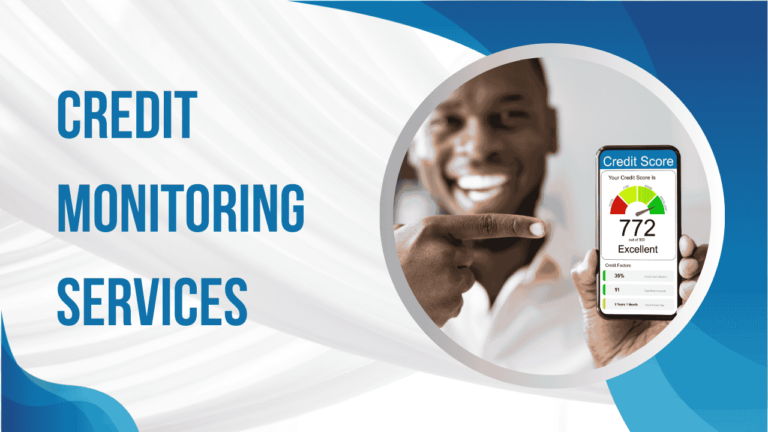How to Improve Your Credit Score to Qualify for Better Loans
Improving your credit score is not just about securing better loan terms; it’s a vital step towards financial health and stability. Whether you’re planning to buy a home, finance a car, or simply qualify for lower interest rates on credit cards, a good credit score can make a significant difference. Here’s a comprehensive guide on how to improve your credit score effectively:
Understanding Your Credit Score
Your credit score is a numerical representation of your creditworthiness, typically ranging from 300 to 850. Higher scores indicate lower credit risk to lenders, making you more attractive as a borrower. Key factors influencing your score include:
- Payment History (35%): Timely payments on credit accounts are crucial. Late payments can significantly lower your score.
- Credit Utilization (30%): This is the ratio of your credit card balances to credit limits. Aim to keep this ratio below 30% to avoid negative impacts on your score.
- Length of Credit History (15%): Longer credit histories tend to have a positive effect on your score.
- Credit Mix (10%): Having a mix of credit types (credit cards, installment loans, mortgage) can positively impact your score.
- New Credit Inquiries (10%): Opening multiple new accounts in a short period can lower your score temporarily.
Steps to Improve Your Credit Score
1. Check Your Credit Report Regularly
Obtain free copies of your credit report from major credit bureaus (Equifax, Experian, TransUnion) annually at AnnualCreditReport.com. Review for errors or fraudulent activity that could be harming your score.
2. Pay Bills on Time
Consistently paying bills on or before the due date is the single most important factor in improving your credit score. Set up reminders or automatic payments to avoid missed payments.
3. Reduce Credit Card Balances
Lowering your credit card balances can improve your credit utilization ratio. Focus on paying down high-interest debt first or consider consolidating balances onto a single card with a lower interest rate.
4. Limit New Credit Applications
Each application for new credit results in a hard inquiry on your credit report, which can temporarily lower your score. Apply for new credit only when necessary and be selective about new accounts.
5. Increase Credit Limits
Requesting a credit limit increase can improve your credit utilization ratio, assuming you maintain or decrease your balance. This approach requires discipline to avoid accumulating more debt.
6. Keep Old Accounts Open
Closing old credit accounts shortens your credit history and can negatively impact your score. Keep older accounts open, even if they have a zero balance, to maintain a longer credit history.
7. Diversify Your Credit Mix
If feasible, consider adding different types of credit to your portfolio over time. This shows lenders that you can manage various types of credit responsibly.
8. Use Credit Builder Loans or Secured Credit Cards
For those with limited credit history or poor credit, credit builder loans or secured credit cards can help establish or rebuild credit. These products typically require a deposit or collateral but can be effective in improving your score with responsible use.
9. Monitor Your Credit Score Regularly
Use tools or apps that offer free credit score monitoring to track your progress. This allows you to see how your actions impact your score over time and catch any negative changes early.
Final Thoughts
Improving your credit score is a gradual process that requires discipline and patience. By focusing on responsible financial habits—like making timely payments, reducing debt, and monitoring your credit report—you can steadily increase your score. Remember, a higher credit score not only opens doors to better loan terms but also reflects your overall financial health. Start today by assessing your current situation and implementing these strategies to pave the way for a stronger financial future.






